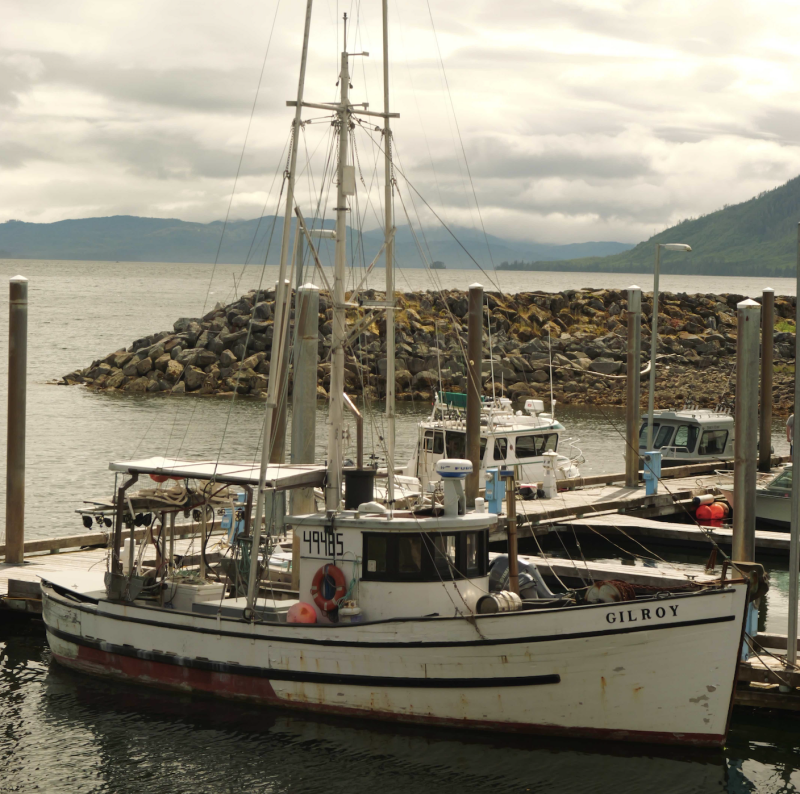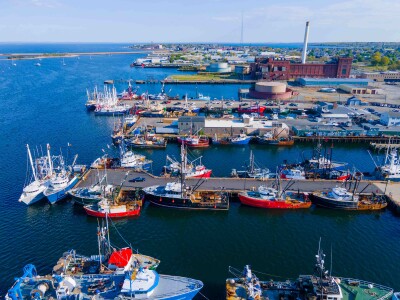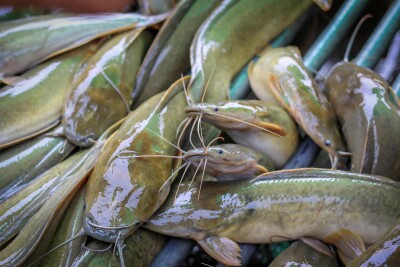Federal judges in the Ninth Circuit Court of Appeals laid to rest threats of closing this year’s Southeast salmon troll fishery – at least for now.
As the final days of June ticked toward the traditional July 1 opening for Pacific Salmon Treaty chinook salmon many in the fleet didn’t know whether to ready their boats for the season or start beating the streets for alternative work. The decision breathes new hope for a fleet that feared that politics rather than sound scientific studies dictate the future of their fishery.
“We’re very relieved that the Ninth Circuit honored our request for a stay,” says Amy Daugherty, executive director of Alaska Trollers Association in Juneau. “Not only has it kept the fishermen from going crazy at the docks if they had been tied up for the season, but they now are starting to believe in the judicial system.”
The ruling in the Ninth trumps the earlier U.S. District Court ruling which would have closed the fishery this year in hopes of saving the chinooks for a beleaguered pod of 74 killer whales in Puget Sound.
The ruling was the second time a higher court ruled in favor of fishermen in a suit brought by the Wild Fish Conservancy challenging the biological rationale in setting allocations of Pacific Salmon Treaty chinooks that Southeast trollers catch.
The premise of the case is that the National Marine Fihseries Service in its biological opinion did not consider a portion of the commingling stocks as forage fish for the killer whales in Puget Sound, which puts the agency out of compliance with the Endangered Species Act. Translated to a severe crimp in fishing time, a WFC analysis provided to the lower court alleges that shutting down the trollers would provide enough surplus chinooks to stabilize the declining population of killer whales.
But the trollers, and others listed as defendants in the suit aren’t buying that rationale; nor have they forgotten the iffy premise of last year’s season. For them, a permanent resolution to the conflict spells economic stability in a livelihood they’ve known for 120 years. They hope this year’s stay will add time to produce evidence that the harvest of treaty chinooks does not significantly impact the Puget Sound killer whale pod.
“We now believe we’ll get a fair review of our impacts on the Puget Sound salmon stocks,” says Daugherty.
The trolling industry in Southeast supports around 1,500 fishermen and others in the peripheral industries and has been a bread-and-butter fishery in the region for
Thanks to the June 21st ruling, trollers will ply the waters for a quota of 74,800 treaty fish during the summer fishery. For the entire year 108,600 remain to be harvested of a total 149,100 fish. In-season catch monitoring will determine when trollers are close to catching the quota for the summer fishery, and managers with ADF&G will close the summer season by emergency order.







